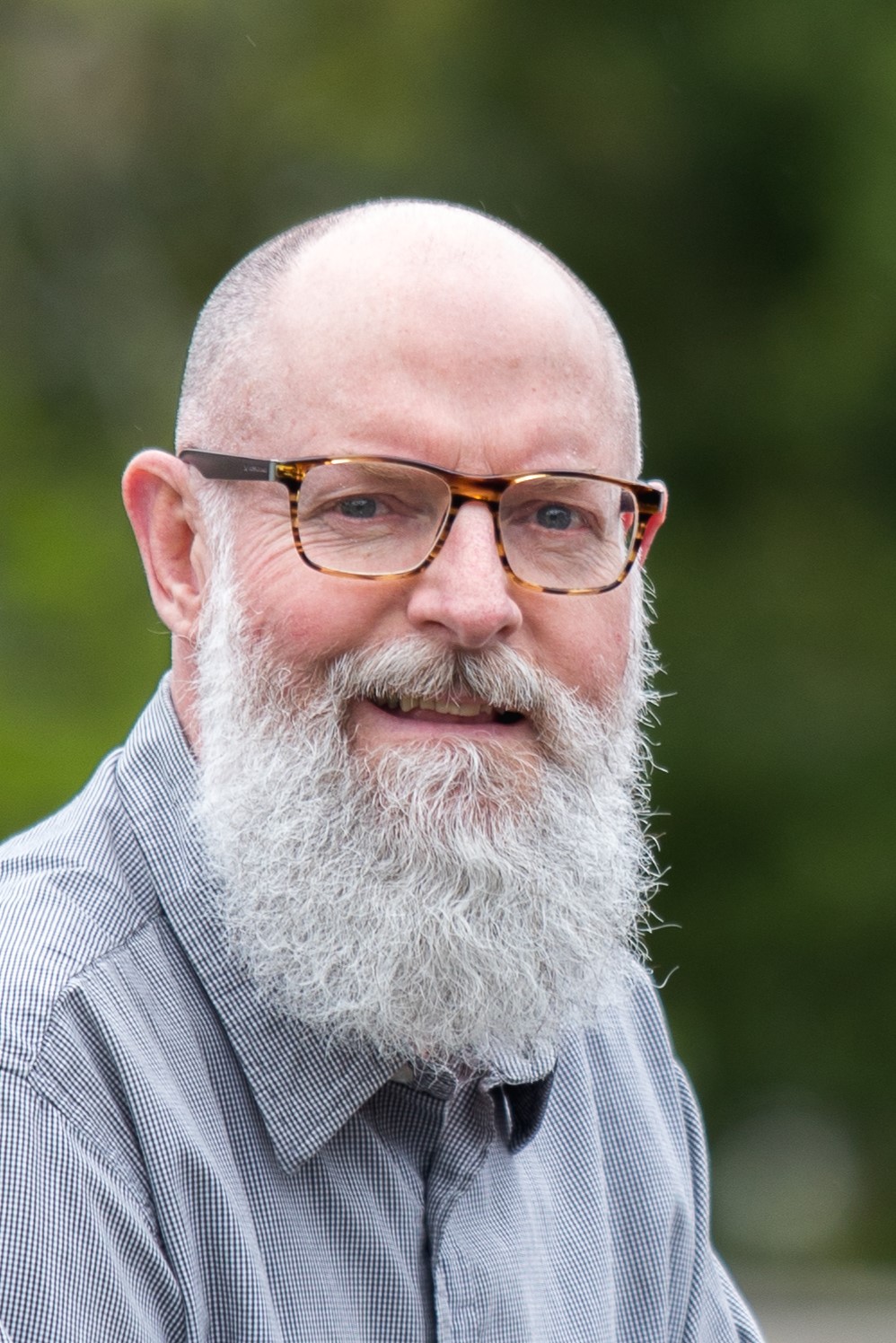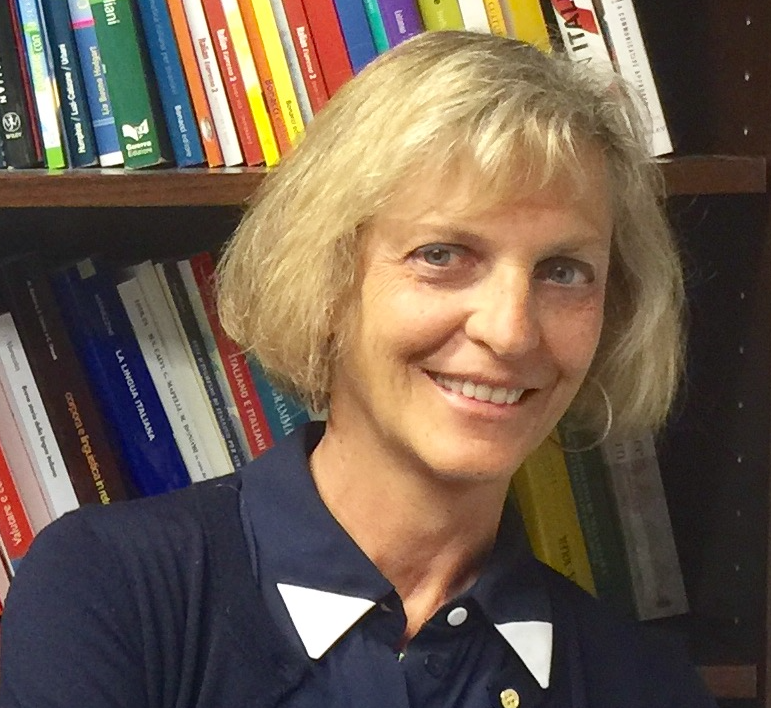Narrative Research Methods in Applied Linguistics
Facilitators: Gary Barkhuizen, The University of Auckland and Anna de Fina, Georgetown University
Abstract
Narrative methodologies in applied linguistics have gained legitimacy and significant visibility in recent decades, particularly in areas such as language teaching and learning (Barkhuizen, Benson & Chik, 2014) and sociolinguistics (De Fina & Georgakopoulou, 2015). This workshop begins by providing a broad overview of narrative research in applied linguistics, focusing particularly on the types of data collected and methods of analysis. The workshop presenters very briefly locate these methodological aspects of narrative research within their epistemological foundations before launching into the practical applications of narrative in fields such as language education, sociolinguistics and discourse analysis. Participants will gain an understanding of the rationale for using narrative methods in applied linguistics, their main goals, their limitations, as well as how these methods differ from other qualitative methods. Central to this discussion will be the concept of ‘story’ – what it means and how it can be used for research purposes.
Participants will be introduced to a variety of approaches to narrative analysis, including the analysis of narrative frames, short story analysis, interaction and practice based analyses of narratives in different contexts such as interviews or digital environments. The presenters will demonstrate the practical application of these analytical methods, and participants will have the opportunity to gain hands-on experience using them with authentic data provided in the workshop. Participants are also invited to bring their own narrative data to share and to collaboratively analyze. They will work in small groups and present the outcome of their work to other participants and the presenters, who will provide constructive feedback throughout the workshop. The last part of the workshop will include a discussion on the reporting of narrative findings, such as their representation and format. Participants are invited to send the data they plan to bring to the workshop to the organizers by 4 March: g.barkhuizen@auckland.ac.nz; definaa@georgetown.edu
Biographies
 Gary Barkhuizen is Professor of Applied Linguistics in the School of Cultures, Languages and Linguistics at the University of Auckland, New Zealand. His teaching and research interests are in the areas of language teacher and learner identity, teacher education, study abroad, and narrative inquiry. He has published widely in these areas including in journals such as TESOL Quarterly, Applied Linguistics, System, and The Modern Language Journal. Recent books include Narrative Research in Applied Linguistics (Ed., 2013, Cambridge University Press), Narrative Inquiry in Language Teaching and Learning Research (2014, Routledge, with Phil Benson and Alice Chik), Reflections on Language Teacher Identity Research (Ed., 2017, Routledge), and Qualitative Research Topics in Language Teacher Education (Ed., 2019, Routledge). His latest book is Communicating Identities (2020, Routledge, with Pat Strauss).
Gary Barkhuizen is Professor of Applied Linguistics in the School of Cultures, Languages and Linguistics at the University of Auckland, New Zealand. His teaching and research interests are in the areas of language teacher and learner identity, teacher education, study abroad, and narrative inquiry. He has published widely in these areas including in journals such as TESOL Quarterly, Applied Linguistics, System, and The Modern Language Journal. Recent books include Narrative Research in Applied Linguistics (Ed., 2013, Cambridge University Press), Narrative Inquiry in Language Teaching and Learning Research (2014, Routledge, with Phil Benson and Alice Chik), Reflections on Language Teacher Identity Research (Ed., 2017, Routledge), and Qualitative Research Topics in Language Teacher Education (Ed., 2019, Routledge). His latest book is Communicating Identities (2020, Routledge, with Pat Strauss).

Anna De Fina is Professor of Italian Language and Linguistics, chair of the Italian Department of Georgetown University, and affiliated professor with the Linguistics Department. Her interests focus on narrative, discourse and identity, immigrant and transnational communities and superdiversity. She has published widely on a variety of topics in applied linguistics, sociolinguistics and discourse analysis, from the discourse construction of identities to the use of media among transnational communities, from narratives in immigrant discourse to the role of ethnography in sociolinguistic research. Among her publications are the volumes Analyzing Narrative: Discourse and Sociolinguistic Perspectives (2021, Cambridge University Press) co-authored with Alexandra Georgakopoulou, Identity in Narrative (2003, John Benjamins) and the co-edited collections Storytelling in the Digital World (2019, John Benjamins) with Sabina Perrino, and Handbook of Narrative Analysis (2015, Wiley Blackwell), with Alexandra Georgakopoulou.
